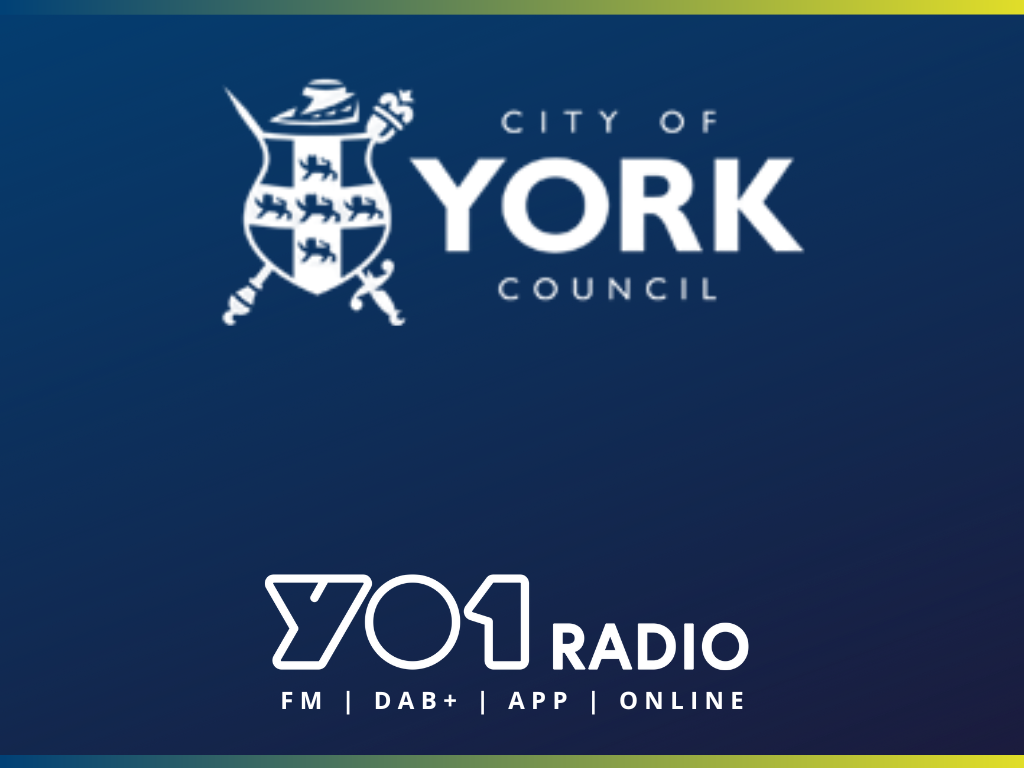
A shortfall of more than £30 million has emerged due to severe financial pressures caused by a succession of unprecedented events despite a significant upturn in funding from the Government, the leader of North Yorkshire County Council has warned.
The Government has confirmed that almost £60 billion in funding will be provided to councils in England for the next financial year.
The announcement, which was unveiled this week by Levelling Up Secretary Michael Gove, means that councils across the country will benefit from an additional £5 billion – a nine per cent increase on last year’s settlement assuming that local authorities increase council tax to the maximum level allowed.
The new North Yorkshire Council, which launches on April 1 to cover the whole of the county, will see an increase of £22 million in additional funding from the Government in the 2023/24 financial year, principally to respond to the massive increase in social care costs and to assist in getting people out of hospitals more quickly.
However, it is estimated that there will be a shortfall of more than £30 million in the new council’s budget for the next financial year, the majority of which will have to be covered by the one-off use of reserves as well as some savings.
In the longer term, the financial gap is expected to widen and will need to be met by additional savings. The new council will be working on a detailed plan for a major strategy to balance the authority’s books.
The biggest overhaul of local government in North Yorkshire since 1974 is being undertaken to pave the way for a long-awaited devolution deal. Devolution is a key policy of the Government, handing over decision-making powers to local political leaders and providing millions of pounds in funding to shape major policies and projects on a regional level. A proposed 30-year devolution deal for York and North Yorkshire, with an investment fund of £540 million, was unveiled on August 1, and is due to lead to benefits ranging from new and better-paid jobs and improved transport links to more affordable housing. The Government stipulated that a key requirement for devolution is for the two-tier system of local government in North Yorkshire, with the county council and seven district and borough authorities, to be replaced by a single unitary authority. City of York Council will continue as a unitary authority to run in tandem with the new North Yorkshire Council, which launches on April 1 next year.
The county council’s leader, Cllr Carl Les, welcomed the largest increase in funding from the Government in a decade, but stressed that the additional money would not be enough to counter the soaring rate of inflation which has had a dramatic impact on the authority’s finances.
He warned that millions of pounds in savings will still need to be made, although the massive overhaul of local government in North Yorkshire would help to ease financial pressures by streamlining services.
Alongside the highest rate of inflation for 40 years, the intense pressures on the country’s finances have been compounded by the aftershock of the Covid-19 pandemic as well as the ongoing effects of Britain’s exit from the European Union.
Latest data for the Consumer Prices Index (CPI) showed that the rate at which prices are rising was 10.7 per cent last month, down from 11.1 per cent in October but remaining the highest levels seen since the early 1980s.
Cllr Les, who will assume the leadership of the new North Yorkshire Council, said: “We are faced with the biggest financial pressures which I have witnessed in all of the time I have been a member of the county council since I was elected more than 20 years ago.
“While the extra funding from the Government is extremely welcome, it will still not be enough to alleviate the extraordinary challenges which we do need to tackle in the coming financial year.
“The pressure on budgets will be felt across all of the directorates which provide key services for the hundreds of thousands of people who live and work in North Yorkshire.
“However, we are committed to ensuring that we can continue to provide the best possible services to the public in the face of these immense financial challenges.”
Significant overspends are already being reported in each of the county council’s service directorates. For instance, the health and adult services directorate is being faced with huge pressure from increased demand, especially for adult social care as well as inflation, and its existing £7.9 million in contingency funding has already been allocated.
The Government has announced that nearly £18.5 million in grant funding will be given to North Yorkshire to ease the pressures on the county’s adult social care services.
The massive overhaul of local democracy in North Yorkshire is being seen as essential to helping to tackle the growing demands on the public sector’s finances. The new council will be launched when North Yorkshire County Council and the existing seven district and borough authorities merge in the biggest shake-up of local government since 1974 to pave the way for a long-awaited devolution deal.
It is estimated that the new authority will start the next financial year with a deficit of more than £18 million from the county council and seven district and borough councils, and the soaring inflation nationally and growing demand for services will have added an additional £50 million in costs.
Once the funding from the Government along with extra savings and additional revenue from council tax are taken into account, it is predicted that a shortfall of more than £30 million will have emerged in the new financial year.
But the move to the new North Yorkshire Council will mean that services can be streamlined and made more efficient, bringing savings totalling millions of pounds that will be used to finance key priorities and help cushion the monetary pressures brought about by the national situation.
The scale of the new North Yorkshire Council’s operations will see it have an overall spend of about £1.4 billion, including £343 million on schools.
Chancellor Jeremy Hunt announced in his Autumn Statement in November that councils will be given the power to increase council tax by up to five per cent, including additional social care funds.
Council tax is now the most important source of funding for council services in North Yorkshire, and each one per cent increase would raise £4 million towards meeting rising costs and demand.
However, Cllr Les said that he was acutely aware of the financial pressures that households in North Yorkshire are facing, and every effort would be made to ensure that they are given the support they need.
For instance, a streamlined approach to providing financial support running into millions of pounds to households in the greatest need has already been approved to help to tackle the cost of living crisis.
A policy to unify the provision of financial aid for council tax bills will now be adopted from the spring of next year when the new council is launched to cover the whole of North Yorkshire.
Councillors backed the proposals, which will provide up to 100 per cent reductions on council tax bills for households on the lowest incomes.
The Government’s agreement for the next financial year includes a one-off funding guarantee to ensure councils in England will see at least a three per cent increase in core spending power before any local decisions around council tax are taken. Mr Gove also unveiled a new £100 million scheme for councils to protect the most vulnerable households from council tax rises.
Social care has also been prioritised, with the Government providing £2 billion in additional grant funding for adult and children’s social care for 2023/24. There is also £300 million for NHS England to boost capacity by easing pressures on discharging patients. The Government has also offered a greater degree of certainty by outlining spending over the next two years up to 2024/25 to give local authorities the opportunity to plan ahead amid the financial uncertainty in the global economy.


 Invitation to mark the 80th anniversary of VE Day
Invitation to mark the 80th anniversary of VE Day
 Suppliers invited to shape Ousewem legacy through new York River Walk
Suppliers invited to shape Ousewem legacy through new York River Walk
 National Offer Day for primary schools: York children allocated their Reception school place for September
National Offer Day for primary schools: York children allocated their Reception school place for September
 Strengthening flood resilience: Ousewem sponsors Yorkshire’s NFM CoP Monitoring Skill Share
Strengthening flood resilience: Ousewem sponsors Yorkshire’s NFM CoP Monitoring Skill Share
 The Pavers Foundation Supports Paediatric Brain Tumour Charity in York.
The Pavers Foundation Supports Paediatric Brain Tumour Charity in York.










